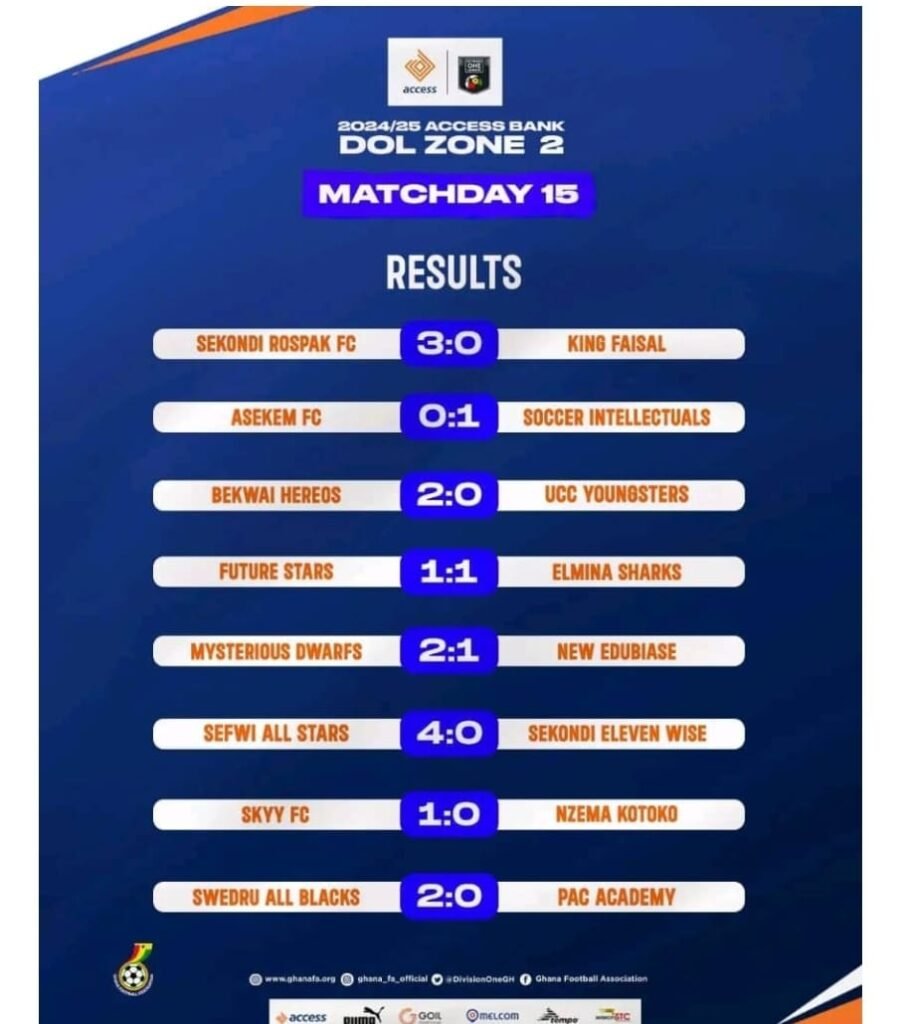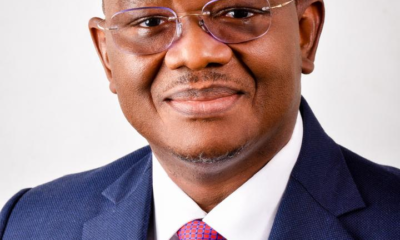Hot!
Don’t attack personnel in uniform – Donald Gwira warns martial artists

Members of African Goju and the young trainess after the session
Practitioners of African Goju, an indigenous sports and system of self-defence, have been cautioned not to use their skill to attack security personnel in uniform.


This distinct form of martial arts, according to the Chief Instructor of African Goju, Mr. Donald Gwira, was to protect oneself, family and property other than causing fights or being on the offensive.
He said attacking personnel in uniform was a breach of the tenets and philosophy of the sports which could attract dire consequences for the offender when found culpable.



“If anyone in uniform accosts you, take the ones’s name and service number and report the person. The problem with attacking anybody in uniform is that, if you touch them, you are fighting the institution and not the individual. The whole institution would come after you and there is nothing going to save you in that regard.
“We have had instances where these have happened and we know what the consequences have been,” he said.
Mr. Gwira gave the warning at a Martial Arts Seminar and Exhibition on African Goju, held last Saturday in Accra as part of efforts to groom the next generation of practitioners.
The Seventh Degree Black Belt with over 40-years of experience who taught some basic self-defence techniques at the event, said the goal was to make African Goju the sole form of martial arts in Africa.
He said self-defence was crucial in all aspects of life and that children were the future of the sport, hence the need to provide the needed assistance to enable them to discover their full potentials.
About 50 children between ages five and 10 put a display on various aspects of self-defence, while the senior practitioners including “Great Warrior”, Patrick Mintah, exhibited other advanced styles and tactics by breaking a beer bottle with his head as part of his presentation.
Prof. Danny Gwira, the Founder of African Goju, emphasised the need to practice, promote and sustain the unique form of martial arts in Ghana instead of looking up to the Chinese and Koreans who were considered the masters of the art.
He said it was important to imbue the art of self-defence in children at a tender age and encourage them to do things by themselves, hence the plan to organise regular training sessions and seminars in future.
“The event marked 38 years of African Goju which was not only about building physical strength but also the holistic development of an individual,” he stated.
Prof. Gwira was confident other stakeholders would support the initiative to help train and produce great practitioners in Ghana.
The event saw Mr. Joshua Brown inducted into the Ken Gwira Hall of Fame after years of dedicated service and practice.
African Goju was formed in Ghana in 1985 by Danny Gwira, a student of Professor Ron Van Clief the Founder of Chinese Goju. It is practiced in over 34 countries as there are increased efforts to promote the sport in Africa.
BY ERNEST NUTSUGAH
Hot!
NHIA set to boost its cybersecurity and IT Infrastructure
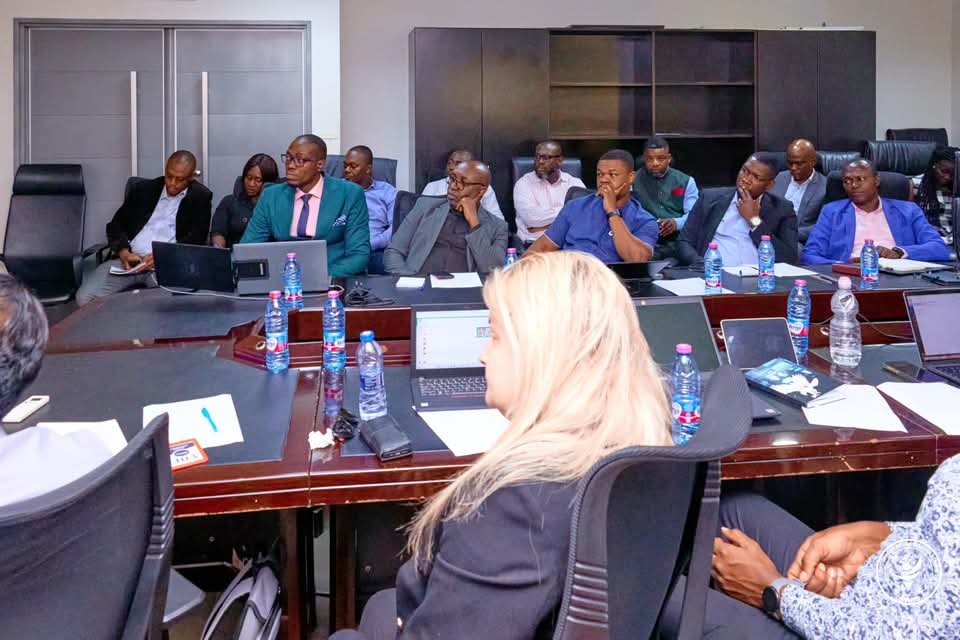
The National Health Insurance Authority (NHIA), in partnership with a leading private cybersecurity solutions provider in Ghana, CyberHawk Limited, is advancing the Authority’s digital infrastructure to ensure seamless operations.
This is to safeguard the Authority’s digital technologies and maintain the trust of active members of the National Health Insurance Scheme (NHIS).
In this context, the NHIA Management Information System (MIS) Directorate in the Head Office, on February 11, 2024, launched a three-day brainstorming session on the organization’s cybersecurity enhancement agenda.
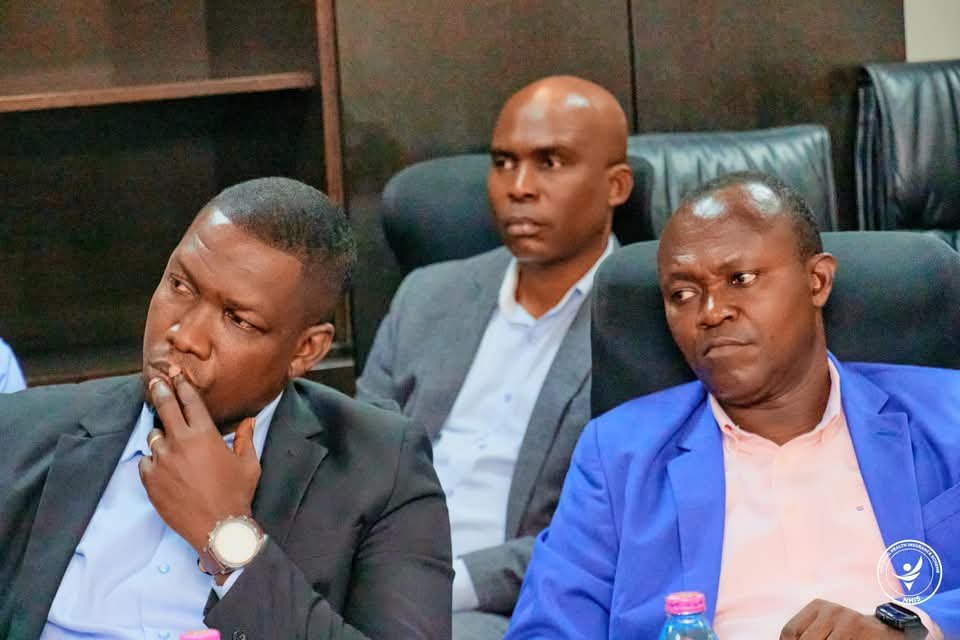

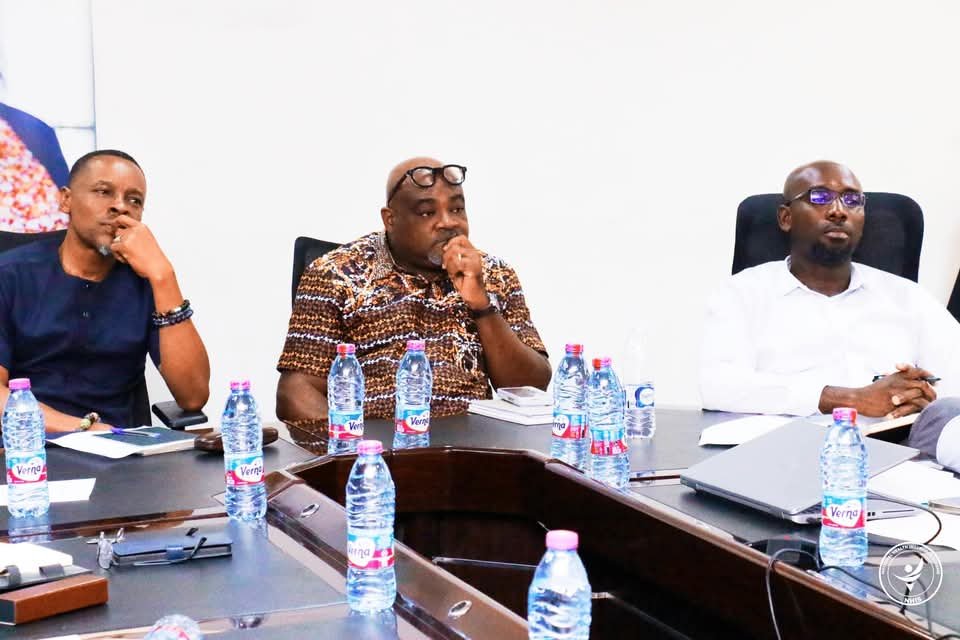
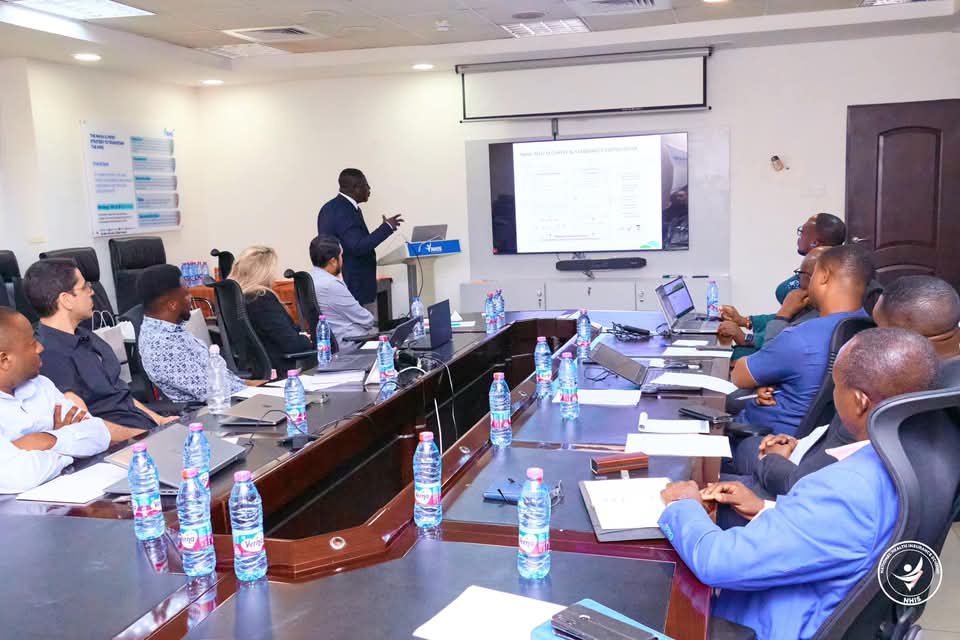
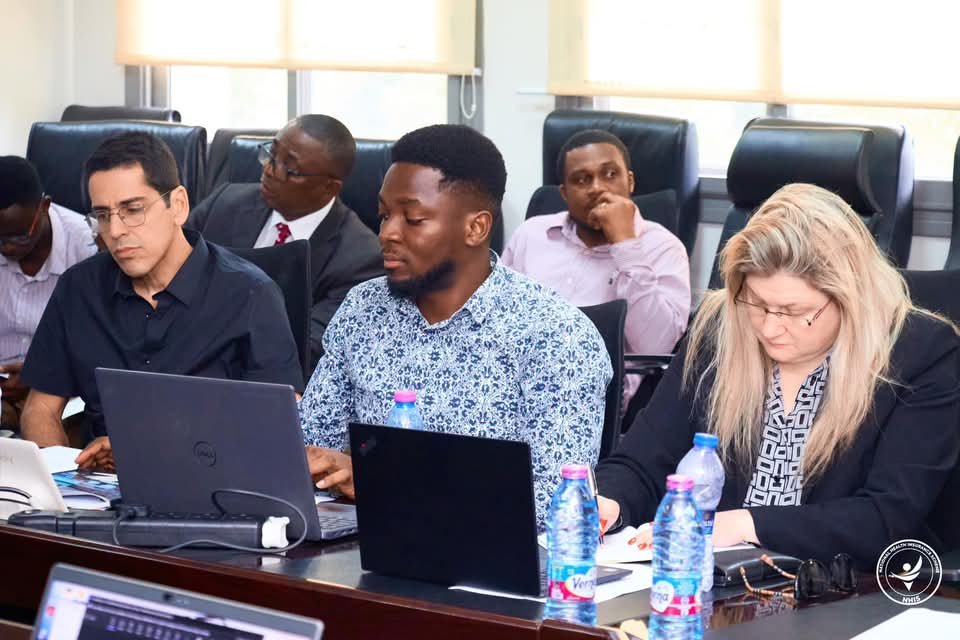
The MIS Directorate Ag. Director, Mr. Daniel Blankson explained that the collaborative meeting aimed to scrutinize the NHIA’s Information Technology architecture, identifying potential risks and gapsto enhance its cybersecurity posture.
“By leveraging CyberHawk Limited’s expertise, the NHIA seeks to fortify its defenses against cyber threats, protecting sensitive information and maintaining the trust of its members.”
Mr. Blankson applauded the synergy between the two organizations and underscored the Authority’s commitment to embracing cutting-edge technologies and innovative solutions to drive its mission forward.
The Head of Information Security and Standards Unit, in the MIS Directorate, Mr. Ebenezer Hooper, highlighted the Authority’s significant milestone on the digital transformation journey.
According to him, the NHIA is actively engaged in fully adopting and implementing modern digital systems to improve its operations.
He said, “The three-day brainstorming meeting will culminate in the development of a robust IT infrastructure, as well as strategic plans to translate security implementations into tangible IT cost savings for the organization.”
“There is the need to form a steering committee or IT advisory committee, operated under the Board, so that they can pay more attention in protecting the huge IT investment while ensuring cyber security-related policies are well protected,” he added.
The Project Manager of CyberHawk Limited, Mr. Chetan Narayana Murthy, lauded the collaboration and anticipated that it would empower the NHIA to implement comprehensive cybersecurity measures.
According to him, “This is a huge project that will greatly benefit the NHIA by implementing robust cybersecurity measures, safeguarding their systems, and ultimately protecting the sensitive information of NHIA members and healthcare providers.”
A Senior Manager of IT infrastructure, Mr. David Asare Addo, and his colleague, a Senior Manager of Applications, Mr. Enock Afanyi, with the MIS Directorate, gave an overview of the NHIA’s current technological landscape.
Present at the meeting were representatives from the Claims, Membership and Regional Operations (MRO), Research, Policy, Monitoring, and Evaluation (RPME), Corporate Affairs, the Audit, Administration, and Human Resource Directorates.
Story By : Vivian Arthur
Hot!
Swedru All Blacks back to winning ways, Roshan humble King Faisal
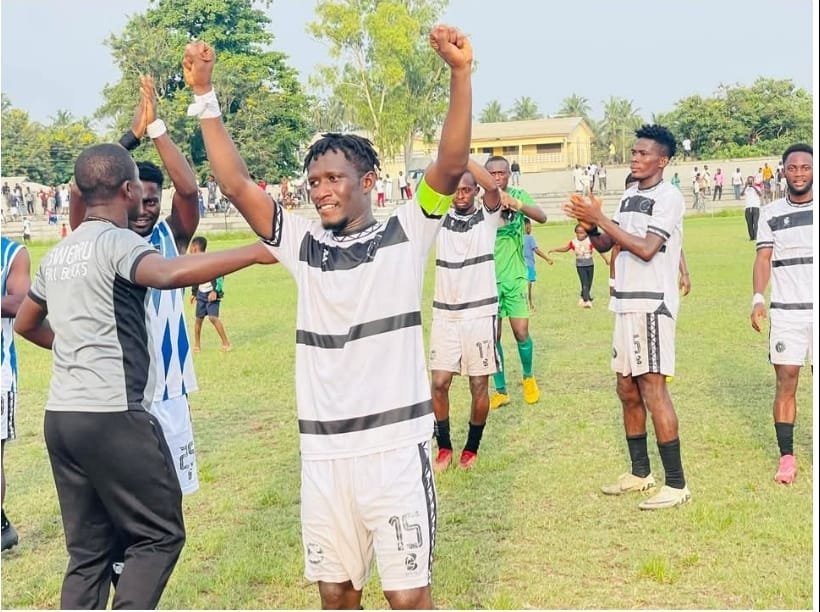
Sekondi Rospak FC made it eight wins in eight successive home games after three second-half goals from John Amoah, Joseph Ntow and Stephen Anthony Kofi. John Amoah opened the scoring in the 55th minute after a barren first half. Joseph Ntow added to the tally in the 56th minute before Stephen Anthony Kofi rounded things up in the 74th minute to give Rospak a 3-0 win over former Premier League side King Faisal.
Elsewhere at Swedru – leaders Swedru All Blacks humbled PAC Academy in an emphatic 2-0 win. Zayat Bubakari scored first for Swedru All Blacks in the 27th minute before Rudolf Junior Nana Kwasi Mensah made it 2-0 in the 34th minute. Swedru All Blacks are top of the table with 36 points – 4 points ahead of second placed Rospak FC.
Meanwhile, Former Premier League side Cape Coast Mysterious Dwarfs recorded their fourth successive home victory after beaten New Edubiase United 2-1 at the Robert Mensah Park. Enoch Odoom struck first for Cape Coast Mysterious Dwarfs in the 19th minute but Steven Asante equalized for New Edubiase United before halftime. After the interval, Godfred Eshun scored from distance in the 65th minute to help Cape Coast Mysterious Dwarfs secure all the points.
Here are the results in Zone Two
